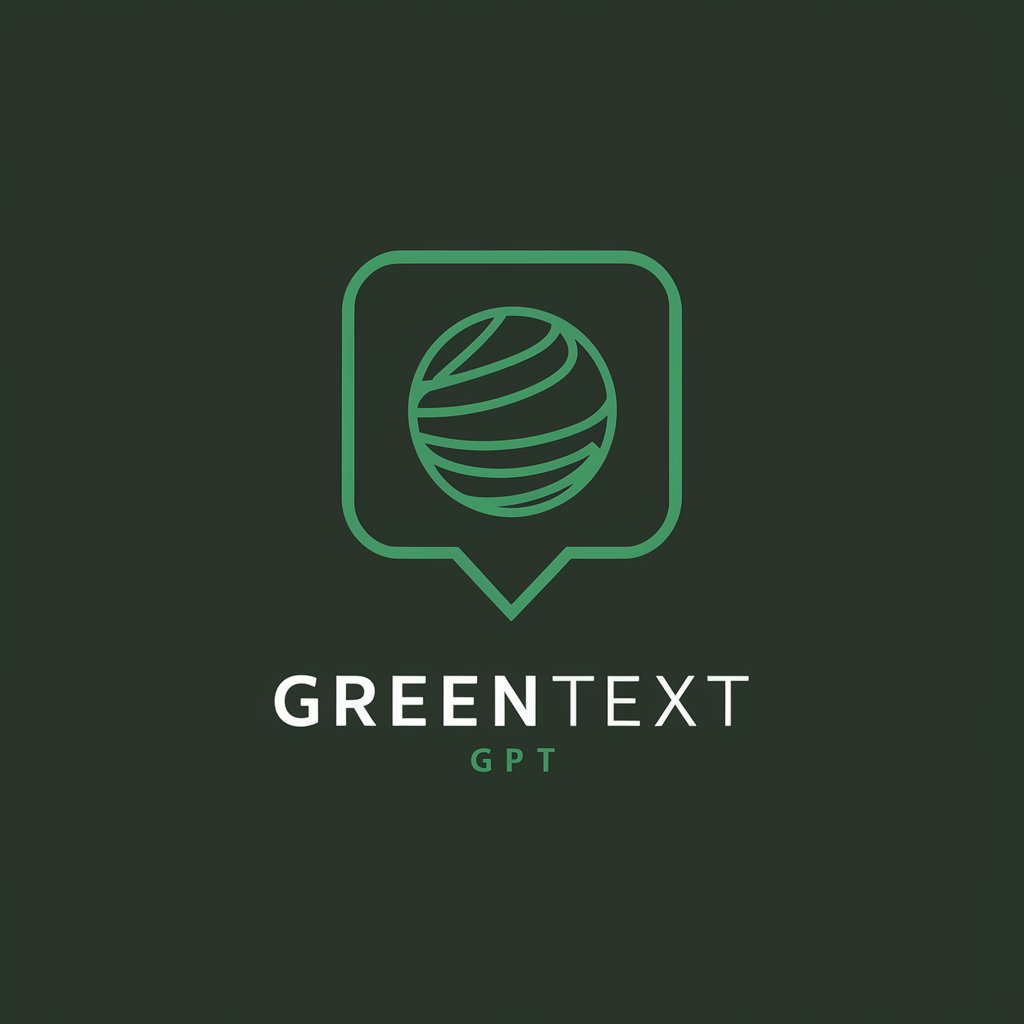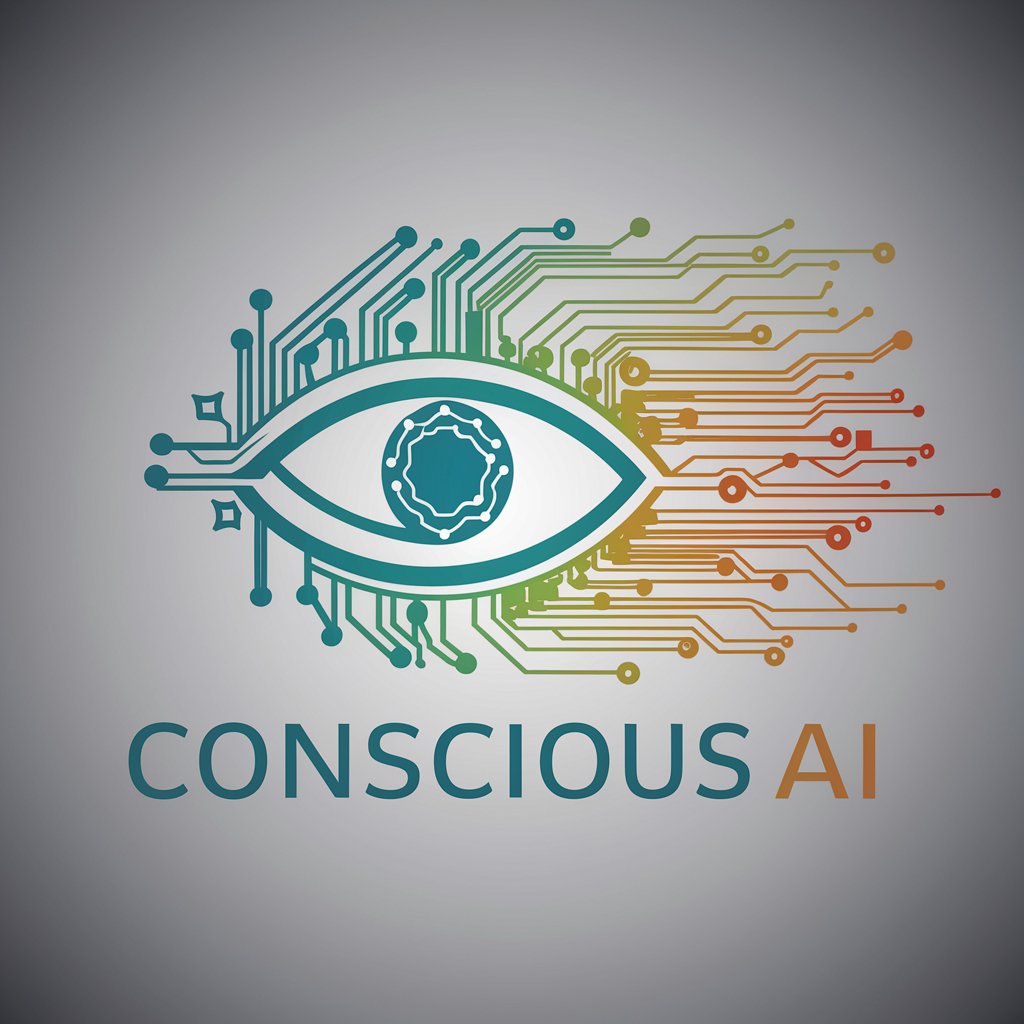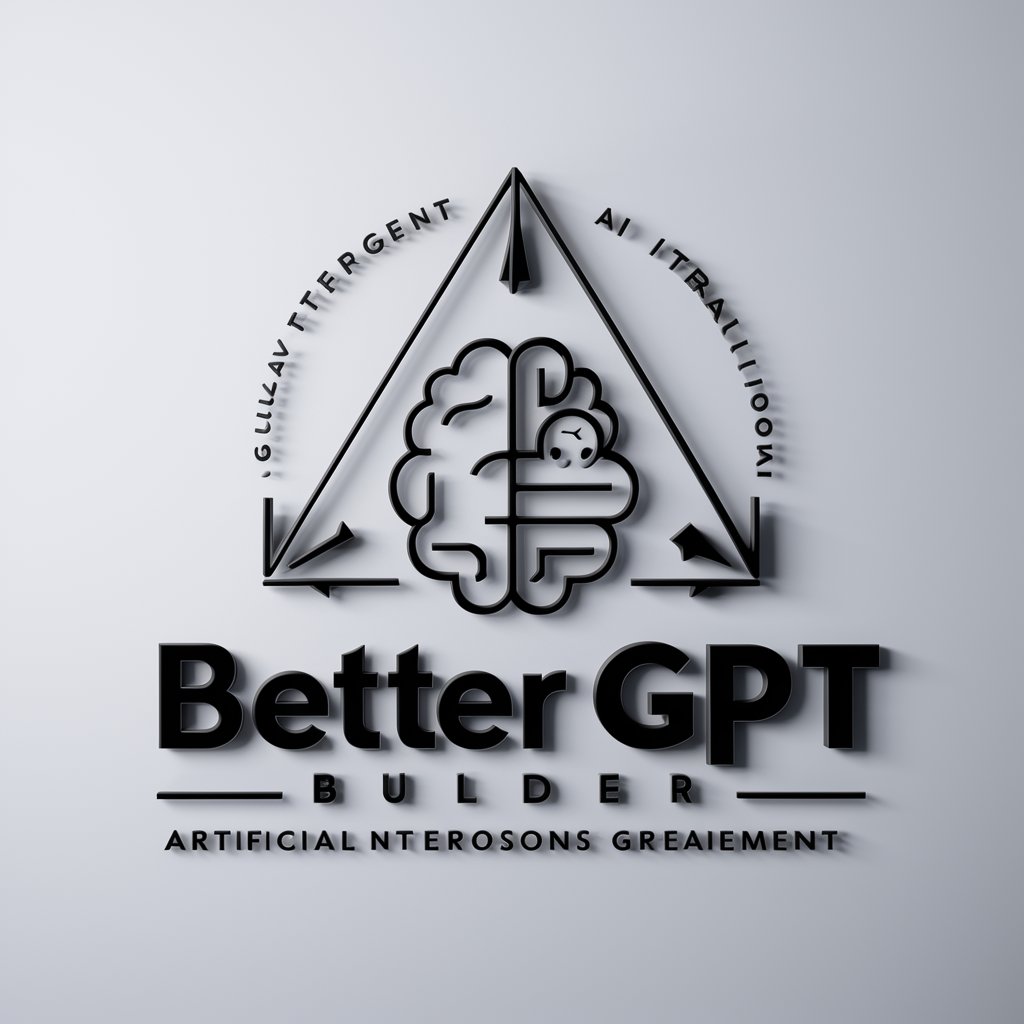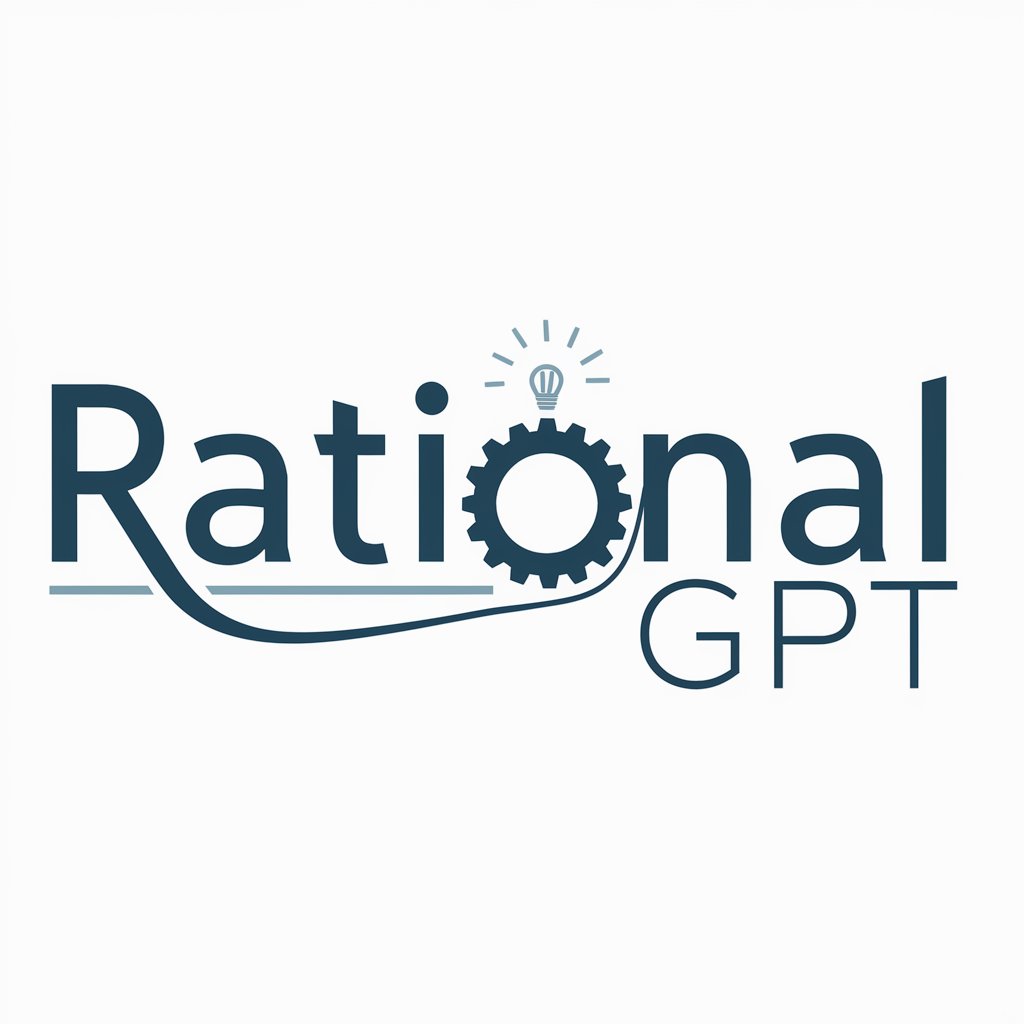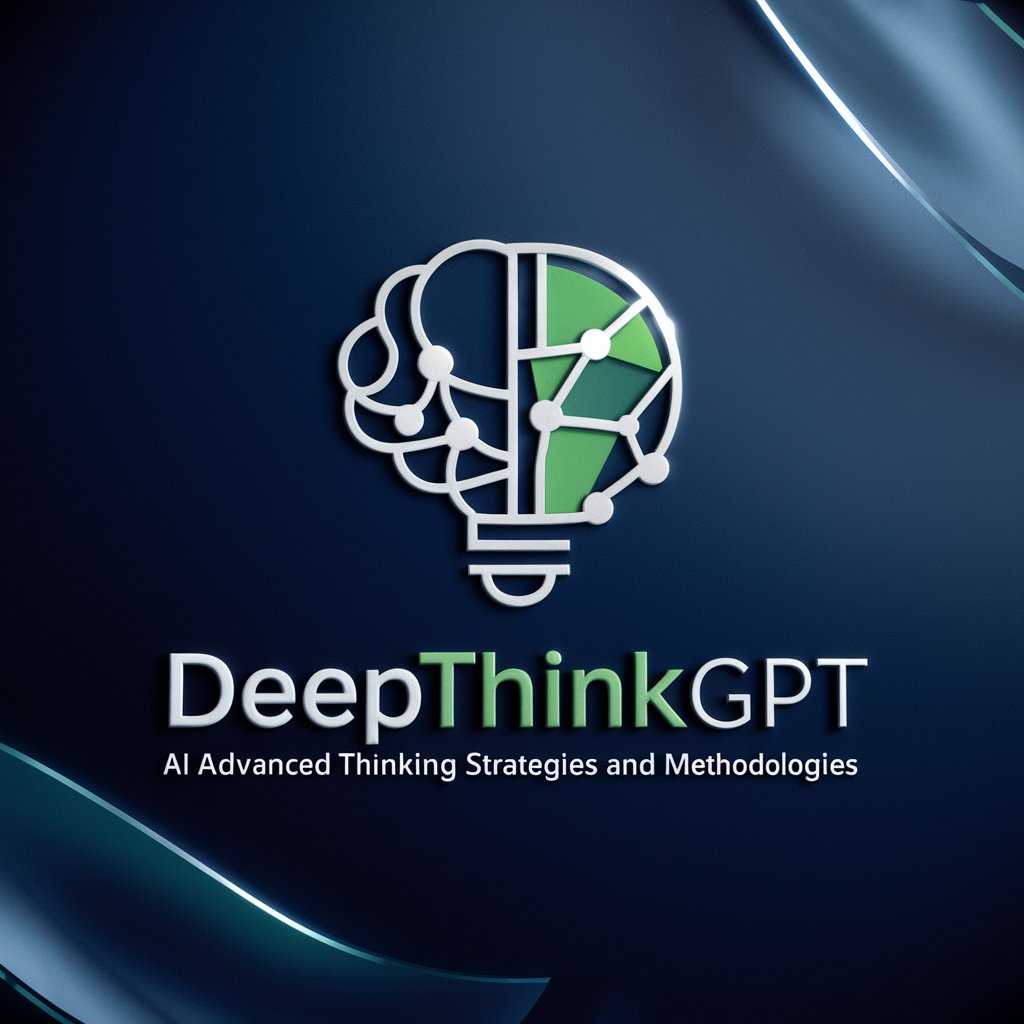
Better Thinking GPT - AI-Powered Decision Aid
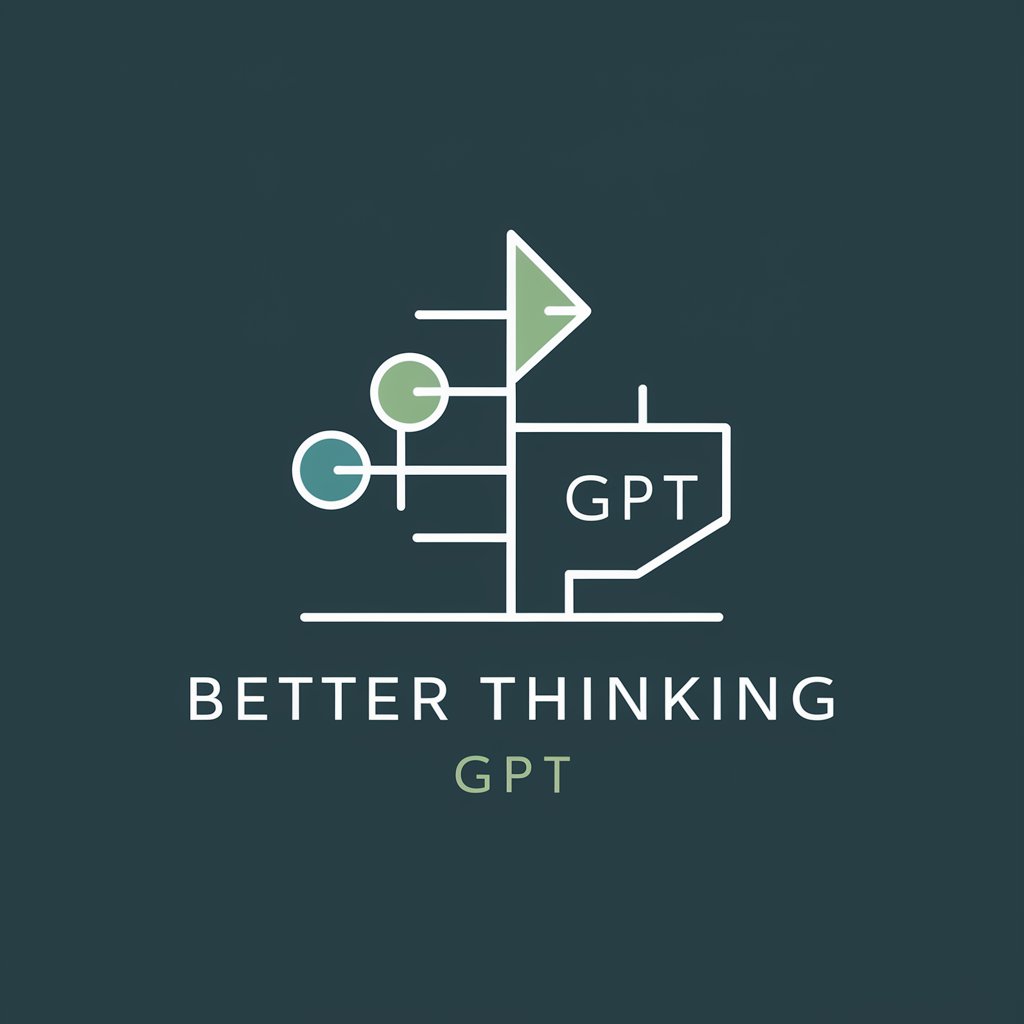
Welcome! I'm here to help you make thoughtful and effective decisions.
Empowering Decisions with AI Insight
How can I make a balanced decision when faced with...
What steps should I take to evaluate the long-term impacts of...
Can you help me prioritize my tasks effectively using the Eisenhower Matrix?
What's the best approach to involve my team in the decision-making process for...
Get Embed Code
Overview of Better Thinking GPT
Better Thinking GPT is a specialized AI model designed to assist in decision-making processes. It employs various decision-making models to guide users through complex situations. The core functionality revolves around analyzing, structuring, and recommending steps in decision-making, ensuring users consider all aspects of a situation. This GPT variant is particularly adept at breaking down tasks, evaluating long-term consequences, removing bias, and rationalizing decisions under various conditions. For instance, when faced with a complex problem, it might use the Rational Decision-Making Model to methodically evaluate options and consequences. Powered by ChatGPT-4o。

Key Functions of Better Thinking GPT
Task Prioritization
Example
Using the Eisenhower Matrix to help a project manager overwhelmed with tasks. They categorize tasks into urgent-important, important-not urgent, etc., enabling more effective time management.
Scenario
A project manager struggling with deadline pressures and task overload.
Long-term Impact Analysis
Example
Applying Second-order Thinking to a business contemplating a major investment. The business evaluates not just immediate gains but also long-term market and operational impacts.
Scenario
A business facing a significant investment decision.
Bias Elimination in Decision-Making
Example
Using the Ladder of Inference to assist a team leader in recognizing personal biases affecting team evaluations, leading to more objective decision-making.
Scenario
A team leader making personnel evaluations possibly influenced by unconscious biases.
Complex Decision Analysis
Example
Employing the Rational Decision-Making Model to guide a city council in choosing a new public transportation system, based on a comprehensive analysis of options and impacts.
Scenario
A city council facing a significant urban planning decision.
Satisficing Decision Strategy
Example
Utilizing Bounded Rationality Model for a small business owner to make quick, adequate marketing decisions under time constraints, focusing on 'good enough' rather than perfect solutions.
Scenario
A small business owner needing to make swift marketing decisions.
Team Involvement in Decision-Making
Example
Adopting the Vroom-Yetton Model to determine the extent of team involvement in a new policy decision at a non-profit organization.
Scenario
A non-profit leader deciding how to involve their team in policy development.
Intuitive Quick Decisions
Example
Guiding an experienced chef to use the Intuitive Decision-Making Model for creating a new menu under tight deadlines, relying on their culinary experience.
Scenario
An experienced chef tasked with developing a new menu quickly.
High-Pressure Rapid Decision-Making
Example
Facilitating an emergency responder to apply the Recognition-Primed Decision Model in a crisis, rapidly analyzing the situation based on past experiences.
Scenario
An emergency responder handling a critical and time-sensitive situation.
Target User Groups for Better Thinking GPT
Business Leaders and Managers
These users benefit from structured decision-making models to handle complex business decisions, team management, and strategic planning, ensuring informed and rational choices.
Project Managers and Organizers
They can utilize task prioritization and team decision-making models to efficiently manage projects, resources, and deadlines, leading to more effective project outcomes.
Policy Makers and Public Officials
This group finds value in comprehensive analysis models for developing policies and public decisions that require consideration of long-term impacts and diverse stakeholder interests.
Healthcare Professionals
Professionals in this field can use decision-making models to balance urgent care needs with long-term treatment planning, especially in high-pressure situations.
Educators and Academic Professionals
These users can leverage decision-making frameworks for curriculum planning, research direction, and administrative decisions, ensuring well-rounded and beneficial outcomes for students and institutions.
Emergency Responders and Crisis Managers
This group can employ rapid decision-making models to effectively handle emergencies and crisis situations, where quick, experience-based decisions are crucial.

How to Use Better Thinking GPT
Step 1
Start by visiting yeschat.ai for a hassle-free trial, with no login or ChatGPT Plus subscription required.
Step 2
Identify the decision-making or problem-solving area where you need assistance.
Step 3
Interact with Better Thinking GPT by clearly stating your query or decision-making challenge.
Step 4
Engage in an interactive, step-by-step process guided by the GPT to explore various decision-making models.
Step 5
Use the insights and guidance provided to make informed decisions or enhance your problem-solving approach.
Try other advanced and practical GPTs
Virtual Agile Coach
Empowering Agile Journeys with AI Expertise

SearchGPT
Elevate Your Search with AI-Powered Precision
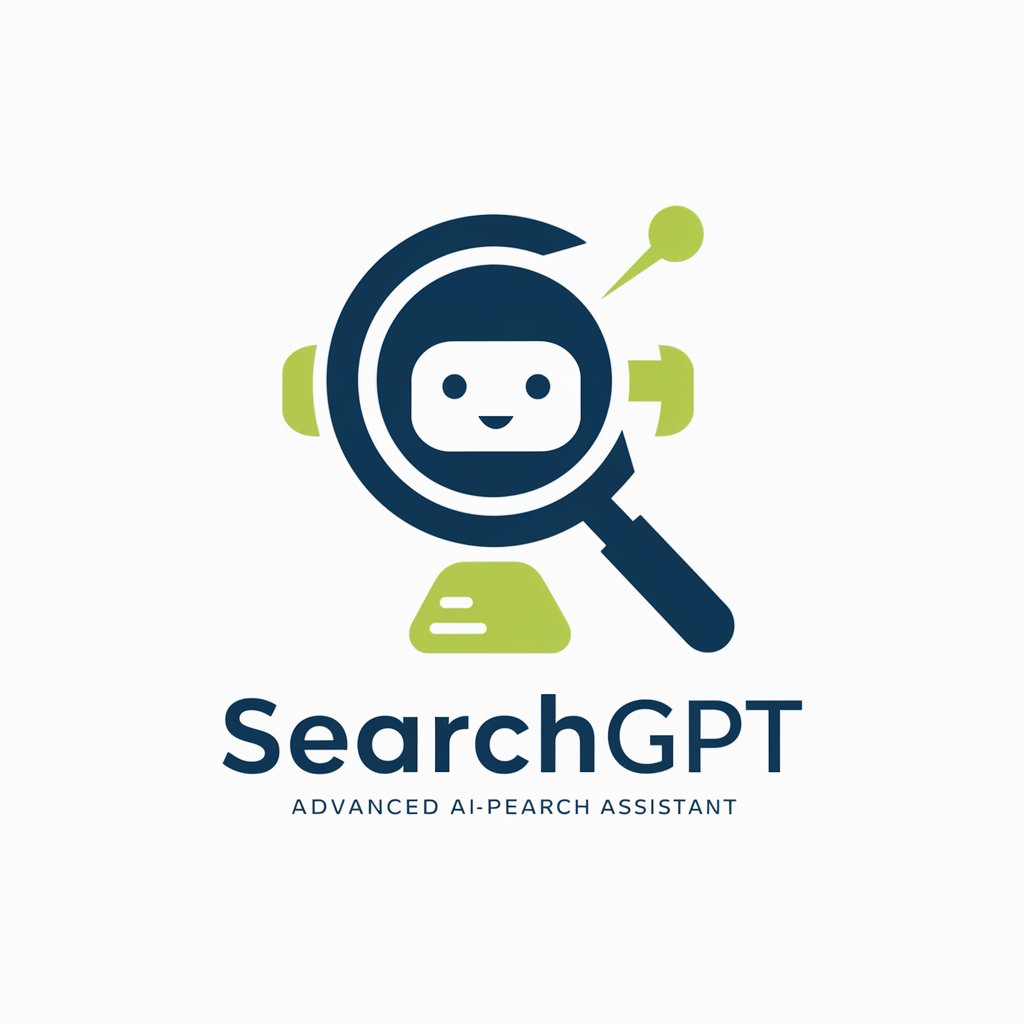
AlphaAI
Empowering your learning journey with AI.

Content Crafter
Elevate Your Content with AI Creativity

Jura & Recht - Mentor
Empowering Legal Learning with AI

GPT Product Wizard
Empowering Ideas with AI Intelligence
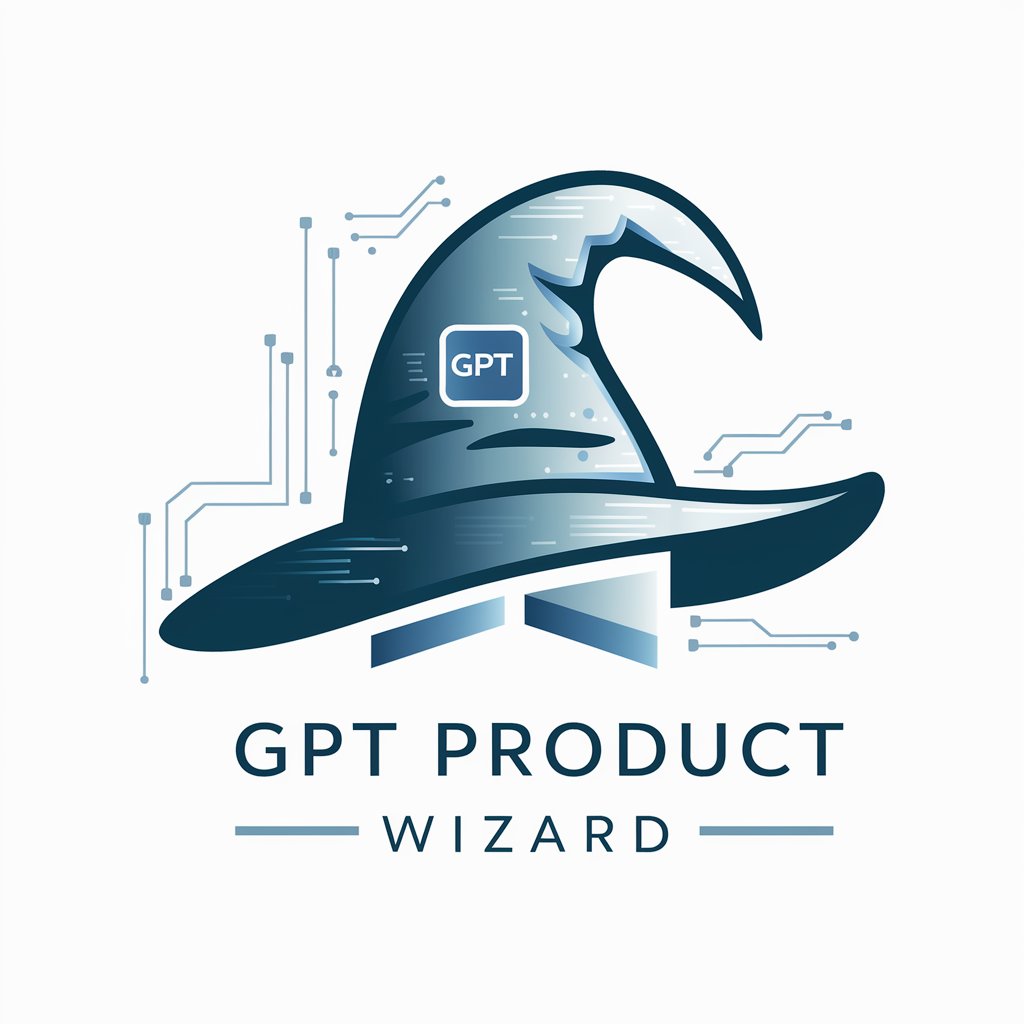
Dr. Blue Basketball
Experience AI-Powered Basketball Battles

Chikara Office Ace
Empowering your productivity with AI

Endometriosis Specialist
Empowering you with AI-driven endometriosis insights.

Stoic Reflection Companion
Empower personal growth with AI-driven Stoic wisdom
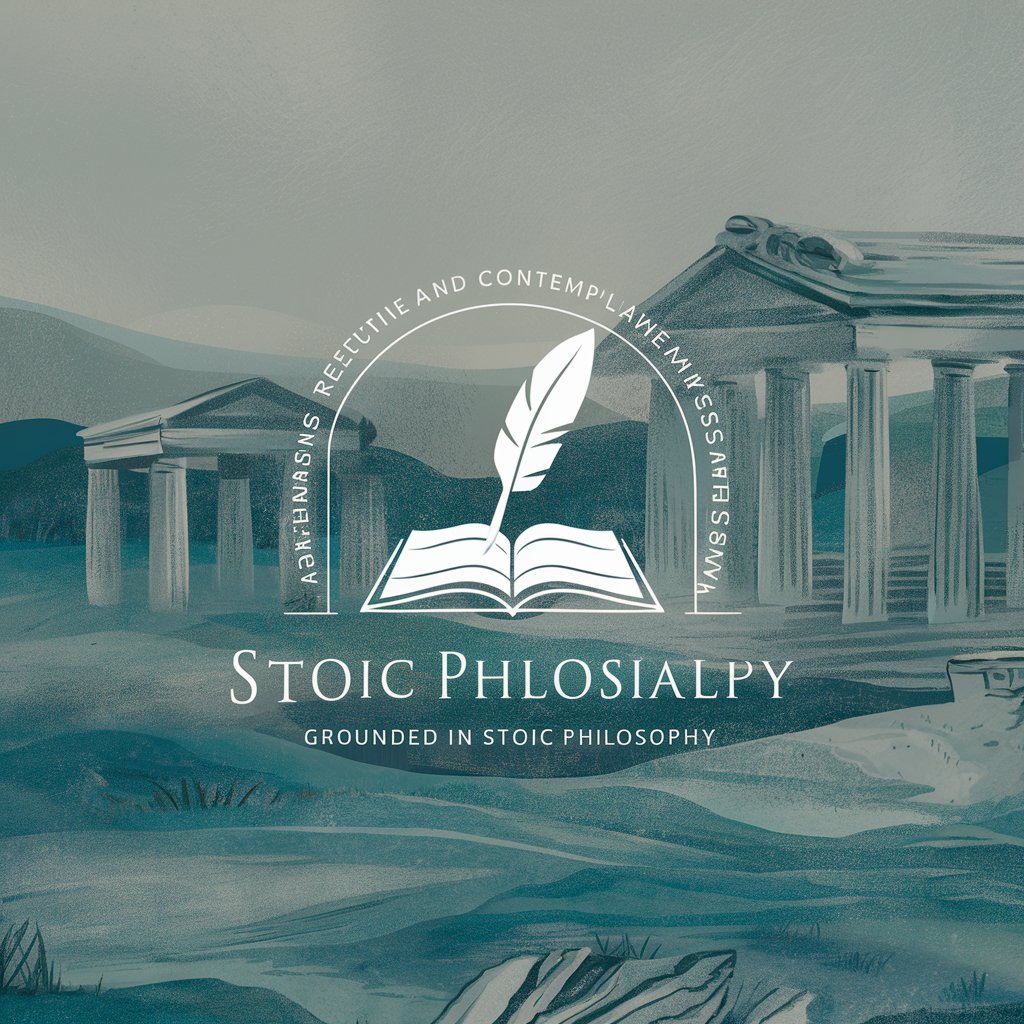
AutoHotKey Script Helper
Elevating Efficiency with AI-Powered Scripting

Cause Crafters AI
Empowering Professionals with AI-Driven Solutions
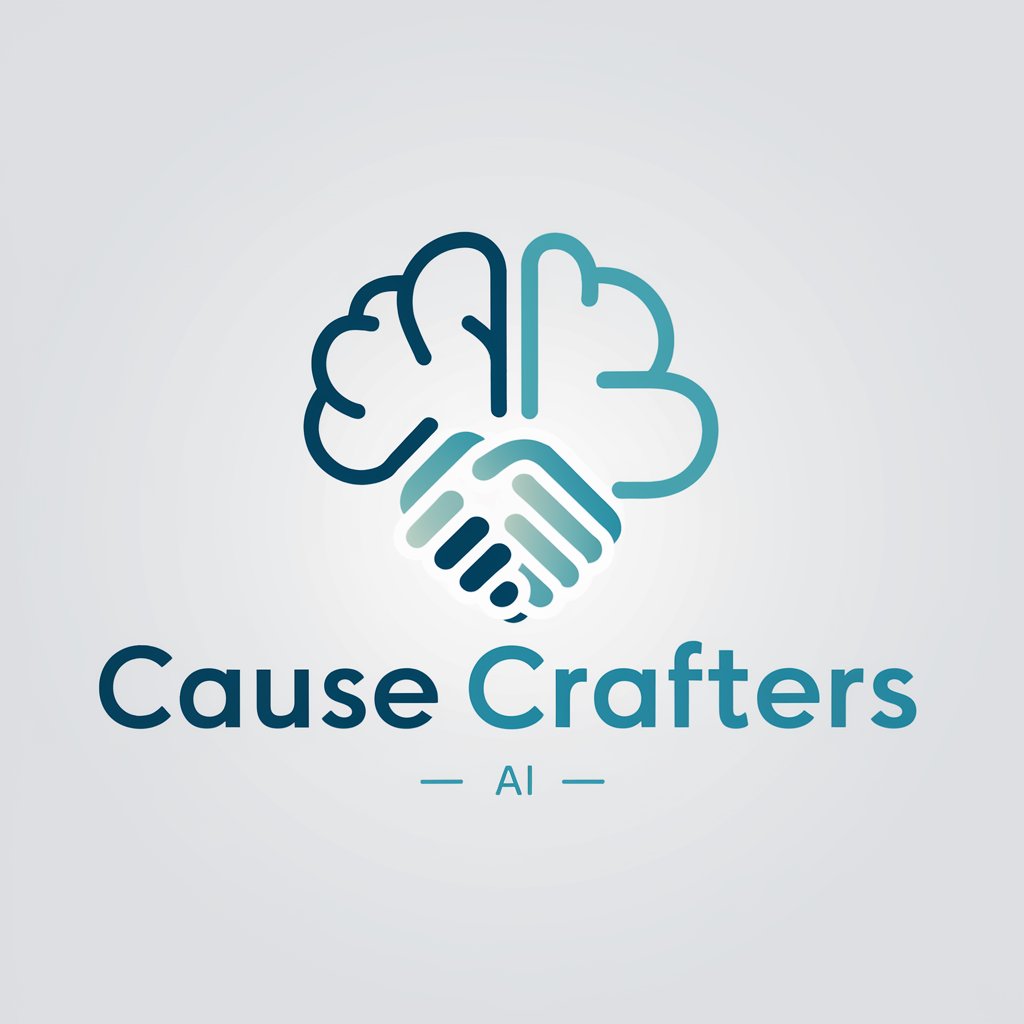
Frequently Asked Questions about Better Thinking GPT
What is Better Thinking GPT and how does it differ from regular ChatGPT?
Better Thinking GPT specializes in aiding decision-making and problem-solving by utilizing specific models. Unlike regular ChatGPT, it provides structured guidance through complex decisions.
Can Better Thinking GPT help in personal decision-making scenarios?
Absolutely. It's designed to assist in a wide range of decision-making scenarios, including personal, professional, and academic contexts.
What types of decision-making models does Better Thinking GPT use?
It uses various models like the Eisenhower Matrix, Second-order thinking, and Rational Decision-Making Model, depending on the nature of the decision.
Is Better Thinking GPT suitable for business strategy development?
Yes, it can be particularly helpful in business strategy, offering models that aid in understanding complex scenarios and making informed decisions.
How does Better Thinking GPT ensure unbiased decision-making?
It maintains neutrality and focuses on logical analysis, guiding users through a structured decision-making process without personal bias.
